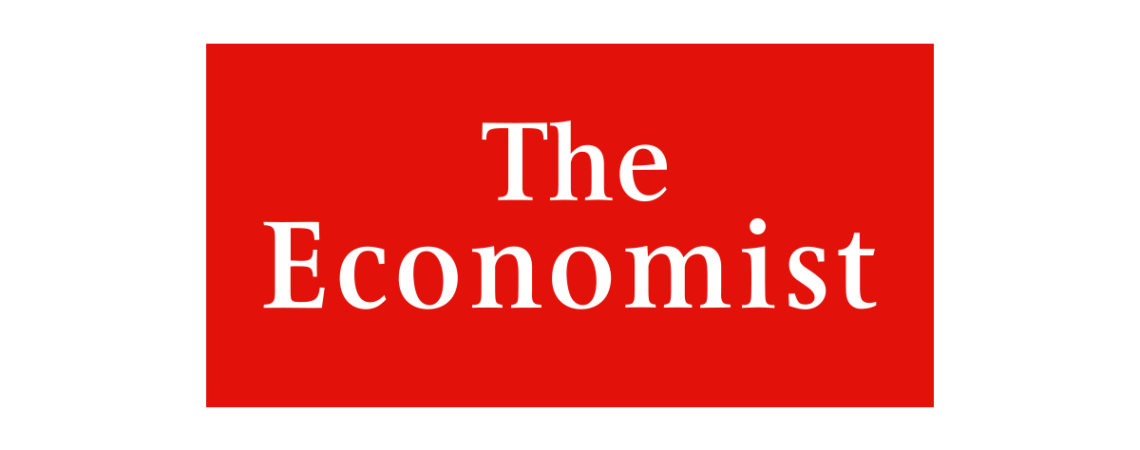Among the many claims made for Brexit was that leaving the European Union would allow Britain to slash red tape and free private industry to flourish. Nowhere does that promise ring more hollow than in Northern Ireland. When the United Kingdom left the EU, it promised that the province would remain to all intents and purposes within the trade bloc, in order to keep the border with the Republic of Ireland near-invisible. The aim was to avoid disrupting Northern Ireland’s fragile peace process by re-inscribing the island’s partition, thus inflaming nationalist sentiment. But the result has been to create a fresh blizzard of red tape and large new costs for traders.
Under the Northern Ireland protocol, goods and services must continue to flow freely on the island of Ireland. Exports from Northern Ireland to mainland Britain are also uncomplicated, since Westminster is free to set the rules. But trade in the other direction crosses from Great Britain, which is fully outside the EU, to territory from which it can pass freely into the trade bloc, potentially circumventing its standards for everything from animal health to product labelling. So the price of an invisible border on the island of Ireland is one in the Irish Sea, with new and onerous customs and regulatory barriers.
To read the full article by The Economist, please click here.

